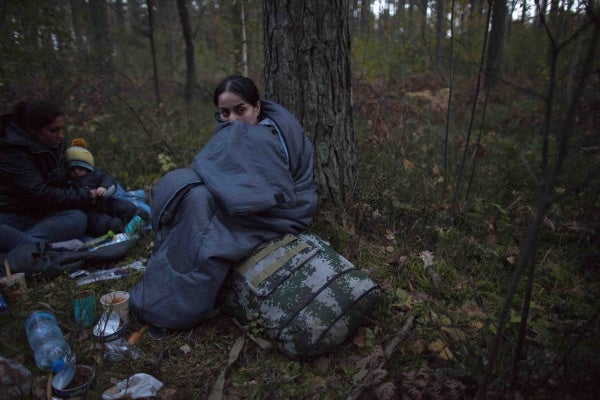Lire la version en français / Hier auf Deutsch lesen/ Lea la versión en español
How can a country where torture is commonplace ever start to change?
Authorities in Rwanda often subject people to torture in detention. They have done it in official prisons and jails, as well as in unofficial facilities. Using beatings, submersion in water, mock executions, electric shocks, and other brutalities, Rwandan officials have been torturing people for decades.
They have also been getting away with it for decades – and these two facts are clearly connected. When those who commit torture know they won’t face any penalty for it, they keep doing it worry-free. Even though torture is of course illegal, authorities routinely ignore complaints, so torture continues as standard practice.
A recent case, however, broke with this long-established pattern. There was a landmark trial addressing torture, assault, and murder at Rubavu prison in western Rwanda. That the trial happened at all was highly unusual, and the Rubavu High Court handed down convictions as well.
The director of the prison, Innocent Kayumba, was found guilty of the assault and murder of a detainee in 2019. The Court sentenced him to 15 years in prison and a substantial fine. Two other correctional officers and seven prisoners, who were accused of acting under instruction, were convicted of beating and killing prisoners.
The trial marked a welcome change, although it was only partial justice. There were a number of problems.
Officials were convicted of assault and murder, but not specifically torture, which carries a heavier penalty. Several senior prison officials escaped conviction despite the apparently damning evidence against them. The prisoners who were ordered to beat fellow detainees were given longer sentences than those who gave them the orders – up to 25 years.
Still, the trial and convictions give some hope, because they demonstrate another way is possible. Rwanda is a country where authorities deny that torture is happening, so this is a significant development.
Whether it actually marks a turning point in the country’s approach to torture, however, depends on what happens next. The government should now follow up with a comprehensive investigation into torture in prisons. They should cooperate with and seek assistance from experts from the African Commission on Human and Peoples’ Rights and the United Nations.
But if Rwandan authorities do nothing, if the landmark trial is just a one-off and if prison officials continue to get away with brutal crimes against detainees, then torture in Rwanda is likely to remain widespread.








